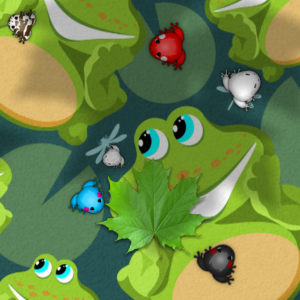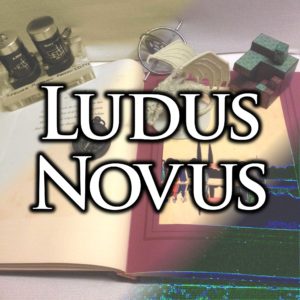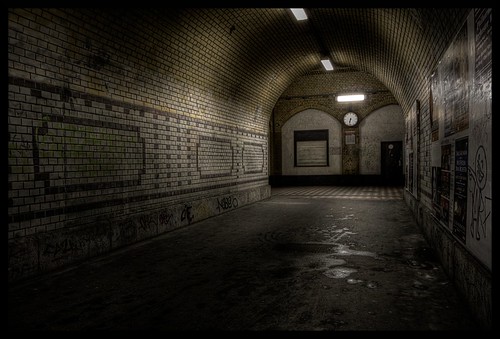This game is intended for players experienced with roleplaying. For beginners, we recommend Countdown: A Game for Two Players, by the same developers.

Theatre is a live-action roleplaying game for any number of players, limited only by your available space and resources. Together, as in most roleplaying games, you’ll enact a story. One difference in this game is that you aren’t in control of all the events in the story: they proceed in the sequence established by the adventure you’re playing. What you can control is how those events are explored: what mood do they establish? What events are especially significant, and how do the characters actually feel as they go through the sequence?
You’ll typically play this game with a pregenerated adventure, which establishes the nature of the characters and the moves they’ll make during a play session. Advanced players can play the game improvisationally, with certain players essentially making up the characters and moves as they go; guidelines for this mode of play are available in additional supplements. A sample pregenerated adventure is included at the end of this document, but a wide array of free and paid adventures are available from third-party creators and publishers.
For small groups, a home setting is perfectly appropriate. If you intend to play with a particularly large group (more than ten, perhaps), you will need an appropriate venue with sufficient seating where everyone can see the roleplay area. Consider a place where musical performances are held, perhaps a park bandstand; these usually have an raised, visible area for roleplay and enough seating to support a large number of House players.
Regardless of your setting, you should establish a space for roleplay that is visible to all participants, with enough space to move around. Try to establish a space that people can access from all sides, and make sure to have options for private areas to which people can withdraw if they’re not actively involved in play.
Continue reading Theatre: An RPG (Quickplay Rules)

